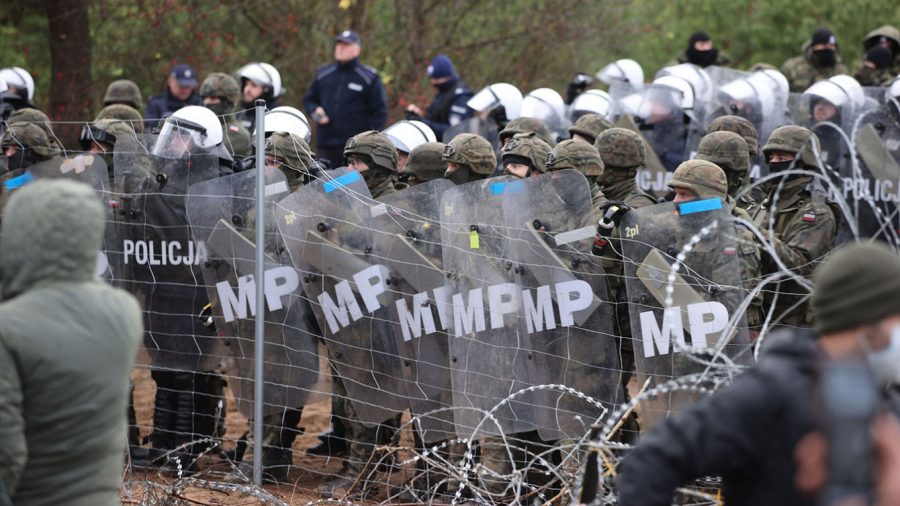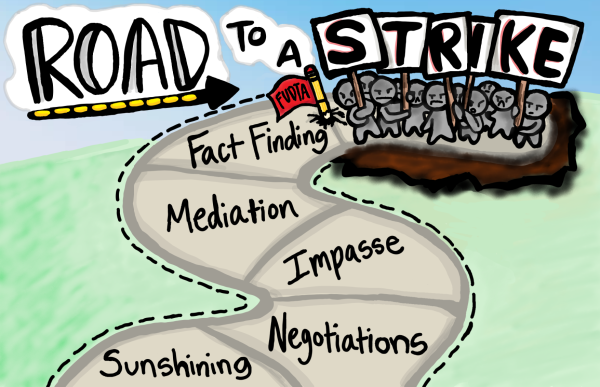The Belarus and Polish Border Crisis
Rigid border patrol stands at the Belarus-Polish border.
At the border between Belarus and Poland stand around 4,000 migrants. They have battled freezing weather, hunger, and dire conditions in their camps on the border. The situation has been completely avoidable, yet it persists. Migrants are being found dead, from hunger and cold, and worst of all, the crisis continues.
For the past few months, migrants trying to cross from Belarus to Poland have been trapped along the border, with attempts to cross stopped quickly by border police on both sides, with precautions such as barbed wire scattered through the border to prevent unauthorized crossings. However, the cause of this migrant push was not natural; much speculation has arisen over the Belarusian president himself, Alexander Lukashenko, orchestrating the migrant crisis and keeping these migrants in limbo, unable to cross to the opposing country.
Lukashenko was first elected to the presidential office in 1994, and since then has been reelected every term in Belarus. However, none of the elections since the very first have been deemed fair and democratic, with Lukashenko being globally accused of electoral fraud. In many countries, the election has not been officially deemed, with Lukashenko not officially being recognized as the Belarusian president.
Lukashenko was accused of orchestrating the migrant crisis, with the EU putting sanctions on Belarus since his election. Lukashenko used migrants to stabilize his regime, and prove to his people that he was the only leader who could guarantee them safety, as well as retaliate at the sanctions on his regime after the August 2020 election.
Poland, for its part, has tried its best to not harm migrants in the Belarusian border, firing water guns at the migrants while being pelted with sticks and stones. The unfortunate tactical ploy of Lukashenko has left Poland in an unfavorable position, with thousands of migrants being stuck at its borders. However, through the migrant crisis, the EU has fully supported Poland, and with Belarus encouraging migrants, the support is somewhat justified. Due to Belarus being the major aggressor, the support does not come from an incorrect standpoint, but Poland is quite firm on not letting refugees into its borders. Continuation could result in mass casualties, further signifying the importance of ending the crisis.
Through the current months of the migrant crisis at the border, a standoff of sorts has taken place, with both countries at a standstill with migrants on each side. If Alexander Lukashenko pushes migrants through to Poland, it is evident the crisis will come to a natural end. But due to Poland’s firm stance on not letting refugees in as of now, force may have to be used, leading to possible conflict and war, intensifying the crisis. However, how likely he is to do this is unknown, but tensions continue to rise at the border.
With the current thousands of migrants at the border and rising tensions and accusations on Lukashenko, there is hope that the crisis will not continue on much longer. As long as the issue continues, thousands of migrants stay freezing in between the borders, causing further tension between the two countries. Evidently, if the crisis continues, war between Belarus and Poland could be possible, a situation that could result in mass casualties if not contained.







